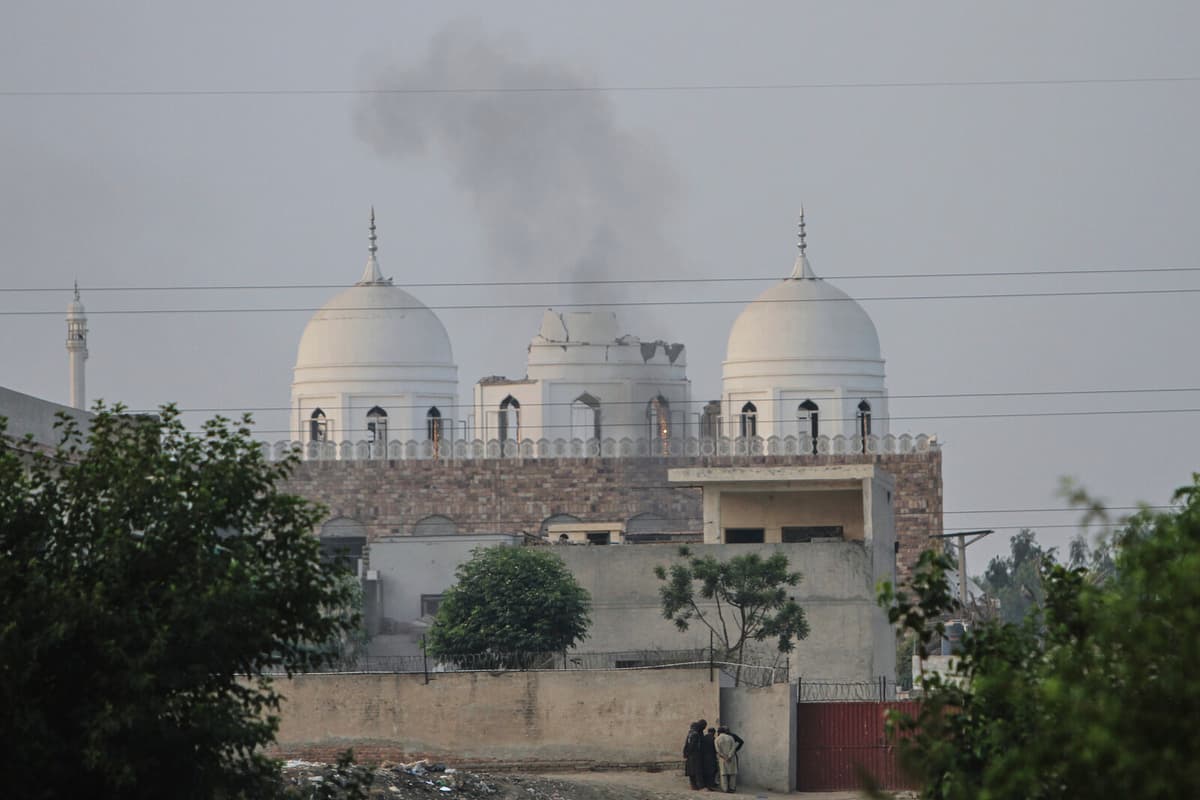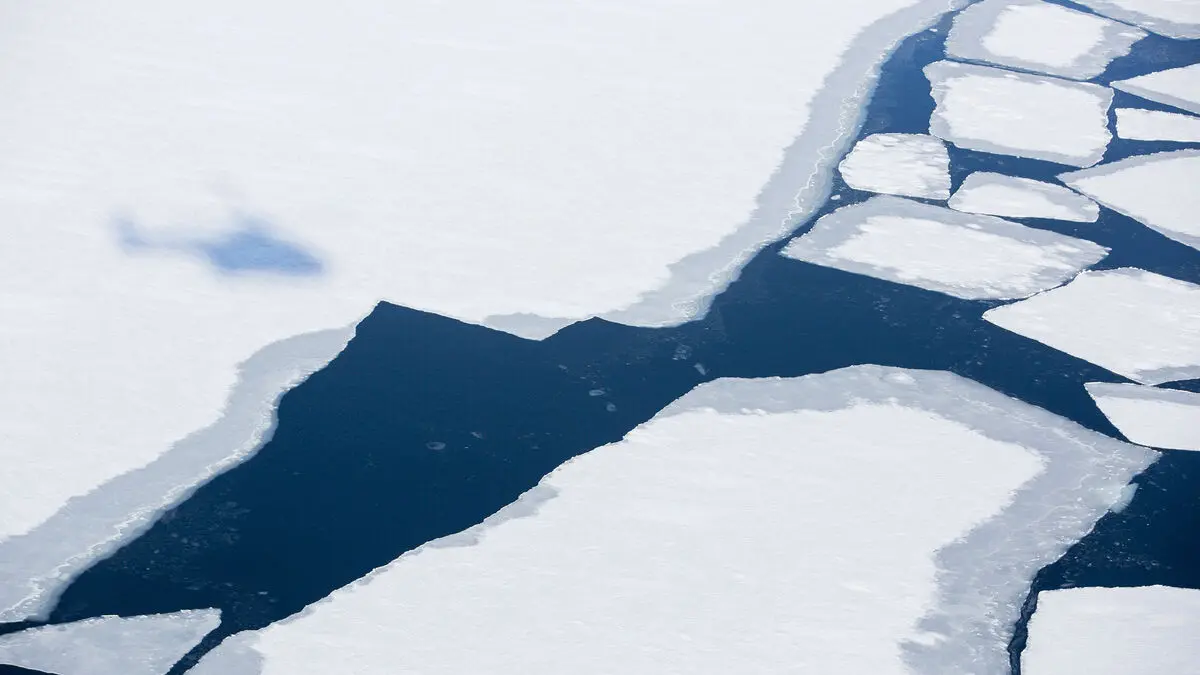The entire Indian robot attack is said to have taken 25 minutes. During that time, India claims to have destroyed nine Pakistani terrorist camps.
Pakistan has a different picture of the operation, which according to The Times of India is called "Operation Sindoor". The claim about terrorist camps is denied.
A cowardly attack directed against innocent lives, says military spokesperson Ahmad Sharif to Pakistani TV channel ARY News.
After a crisis meeting, Pakistan's military has been given the green light to respond to the attacks, writes BBC, citing a statement from Pakistani Prime Minister Shehbaz Sharif's office.
According to Pakistan, around 30 civilians were killed in India's nighttime attack, where three mosques were hit. Also, a hydroelectric power plant was damaged, reports Pakistan's military.
"Panic and chaos"
In Pakistani Kashmir, the attacks caused panic, witnesses testify. Mohammed Waheed was sleeping when the first explosion shook his house in Muzaffarabad, he tells BBC.
I rushed out onto the street and saw others doing the same. Before we could process what was happening, more rockets struck. It was panic and chaos.
Bahawalpur resident Muhammad Sabir, who lives near one of the mosques attacked, tells AP how he and his family ran out to the nearest field and lay down after the explosions.
Islamabad claims simultaneously that Pakistani military shot down five Indian fighter jets. The claims have not been confirmed, but Indian security sources tell AFP that three planes crashed for unknown reasons.
Massacre became the spark
As a result, several airports in northern India are closed, reports Indian media. A number of international airlines have, according to news agency AFP, rerouted or cancelled flights to avoid the airspace over Kashmir.
India claims, on its part, that a dozen civilians were killed and many injured in Pakistani artillery fire during the night, writes The Times of India.
Tensions between Pakistan and India have increased sharply in recent weeks, since a massacre on April 22 in the Indian-controlled part of the long-disputed Kashmir region. India accuses Pakistan of having given its support to the perpetrators, which is denied by the country.
India briefly paused a shared water distribution agreement, a stop that will continue until "Pakistan credibly and irreversibly denies its support for cross-border terrorism".
On Monday, reports emerged that India had shut off the water flow in the Chenab River, which flows into the neighboring country. Pakistan has several times warned that the country would view such a move as an act of war.
Natural beauty region in the western end of the Himalayan mountain range, roughly a third the size of Sweden. Under British colonial rule, the area was a princely state.
At independence in 1947, the ruler, the maharaja, opted between joining Pakistan or India. Unrest broke out, both countries deployed military, and war broke out. The conflict ended in a stalemate and a so-called control line between Kashmir's northern parts, controlled by Pakistan, and the southern parts taken by India.
Despite two more wars since then, this line serves as a provisional border to this day.
The Indian-controlled part had long had relatively far-reaching autonomy, but it was withdrawn in 2019. Parts of the Pakistani side are called Azad Kashmir ("Free Kashmir") and have relatively great self-determination within Pakistan.
China is also involved, holding the unfriendly northeastern parts of Kashmir.






